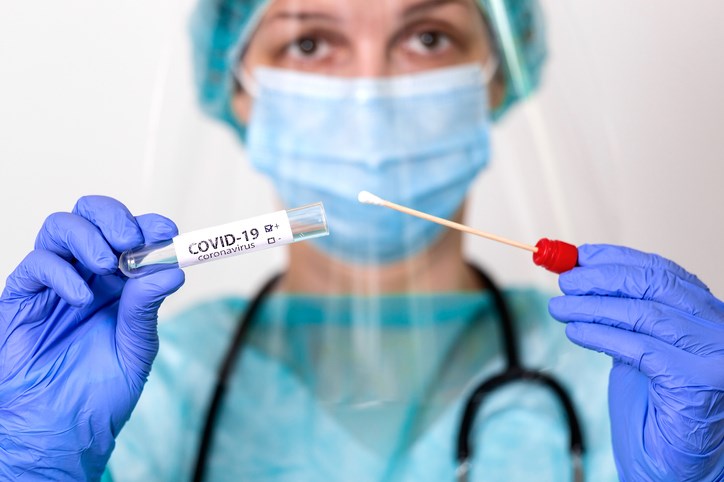REGINA — Saskatchewan several more high daily case numbers of COVID-19 over the New Year’s weekend, outlined in the province’s first dashboard update since Dec. 31.
The provincial COVID-19 dashboard was dormant from Jan. 1-3, following the provincial government's set holiday schedule for staff.
The blackout follows a similar gap in daily COVID updates from Dec. 24-27, which saw Saskatchewan reach a record-high daily increase of 245 positive cases on Dec. 25.
That record was later broken again on Dec. 29 with 299 cases reported, Dec. 30 with 589 cases and on Dec. 31 with 735 new cases.
According to a data update on Jan. 4, a total of 1,954 new cases have been reported since Dec. 31.
Daily breakdowns show that 623 cases were recorded on Jan. 1, 607 cases on Jan. 2, 398 cases on Jan.3 and 326 cases on Jan. 4. Test positivity over this period was noted to at 27 per cent on Jan. 1, 19 per cent on Jan. 2 and 17 per cent on Jan. 3.
Active cases have now reached 4,062, an increase from 2,844 noted on Dec. 31. An additional five deaths related to COVID-19 occurred over the weekend, bringing the provincial total to 960.
Hospitalizations have also increased, with 95 individuals now in hospital care compared to the 79 individuals on Dec. 31. Of those patients, 84 are receiving inpatient care and 11 are in ICU units.
Cases identified as the Omicron variant have also increased, with 95 per cent of new cases confirmed, following experts’ predictions that the variant will likely become the dominant strain spreading in Saskatchewan.
On Dec. 30, Premier Scott Moe and Health Minister Paul Merriman announced that the province will be shifting away from laboratory PCR testing and instead encouraging asymptomatic residents to rapid test and self-isolate if symptoms occur.
Lab tests are now being recommended only to those who are considered part of a high-risk population, including symptomatic individuals and health care workers.
This change means that daily case numbers moving forward will likely not be as accurate at representing the presence of COVID-19 in the province, some epidemiologists are pointing out via social media channels.
A total of 8,337 tests were performed between Dec. 31 and Jan. 4, according to dashboard data, although no daily breakdown of those tests was provided.
PCR testing numbers are expected to decrease moving forward, as residents are now being advised to rapid test at home and self-isolate for five days if vaccinated, ten days if unvaccinated and up to 14 days if identified as a close contact.
Rapid tests are not included in provincial data.
The Roy Romanow Provincial Laboratory is also now ceasing testing for variants on regular test results due to the assumption that Omicron is the predominant strain in the province. However, tests from international travellers will continue to undergo whole genome sequencing to determine lineage.



